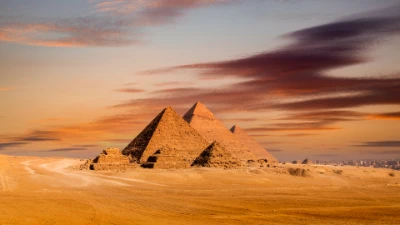Chengdu, China
Radisson Tops 210 Deals and Openings in 2025

Global Guardian Flags Geopolitics as Top Travel Risk

China visa-free travel: What U.S. travelers can do now and how demand is changing
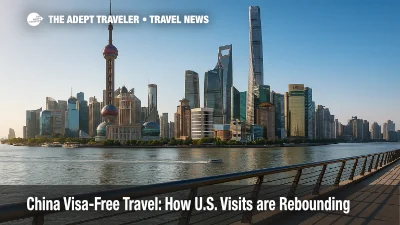
China National Day Golden Week: What Travelers Should Know
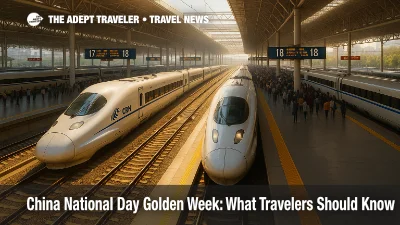
Golden Eagle Luxury Trains unveils 2026 program

China Southern Flight Cancellations Hit 723 Across Ten Hubs

CDC Issues Travel Alert as Chikungunya Spreads in China

Explore East Asia with Oceania Cruises' 2025 Itineraries

Globus Launches New 2025 Independent Tours in Asia
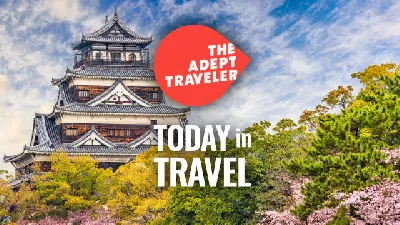
Explore Mongolia with Viking's New River Cruise Extension

China Eases Entry Requirements, Drops Mandatory COVID-19 Testing for International Travelers

Unveiling Seabourn's Luxurious Global Expeditions for 2024-25

Unveiling Crystal's 2024 Grand Journeys: A Globe-Trotting Extravaganza Redefining Luxury Cruising

Royal Caribbean in Asia, Air Travel Demand, and Walt Disney World Offers

Regent Seven Seas Cruises Unveils New Grand Voyages for 2025 and 2026

Travel News: Mexico's Beaches, Oceania in Asia-Pacific, and the French Ski Season

Travel News: China, American Cruise Line, and Visitors Tax
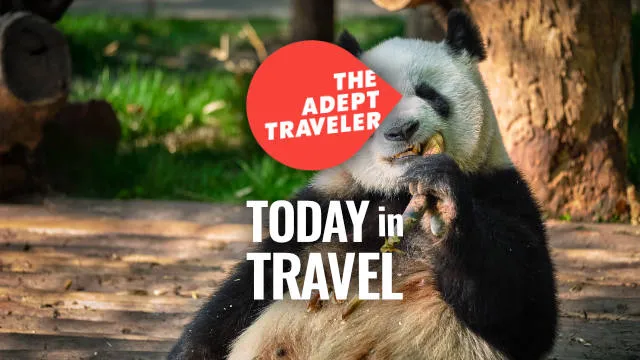
Travel News: COVID Policies, E.U. Changes, and On Time Airlines

Is It Safe to Drink the Water in Asia? Comprehensive Guide
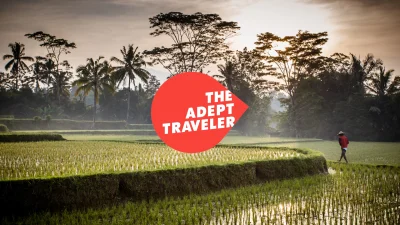
Essential Power Converters for American Travelers to Asia
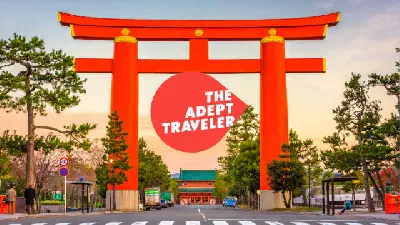
Best Times to Travel to Asia: Avoid Summer Crowds and Costs

Visa Requirements for U.S. Travelers: A Global Guide
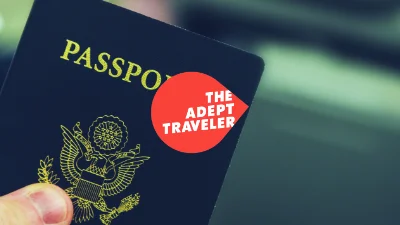
Driving in Asia: A Detailed Guide for U.S. Travelers
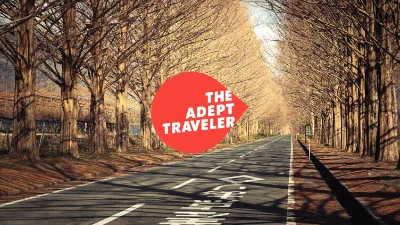
Journeying through Time: Captivating Historical Sites Worth Traveling For
